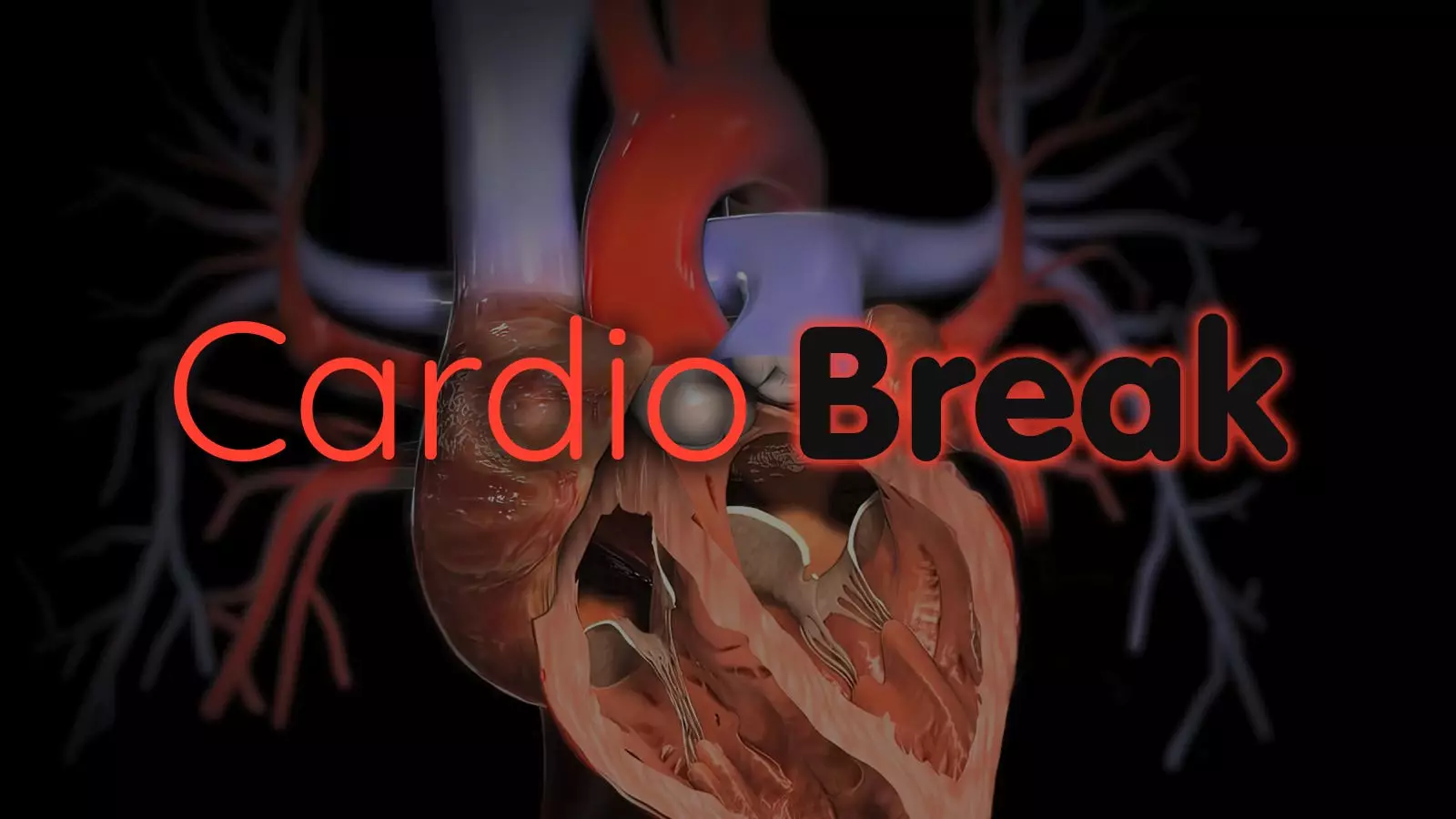A recent study published in the European Journal of Preventive Cardiology has posed a significant challenge to the prevailing belief that red and processed meats are directly linked to cardiovascular disease and type 2 diabetes. This Mendelian randomization study has raised questions about the traditional assumptions regarding the impact of certain dietary factors on heart health.
The utilization of drone-delivered automated external defibrillators (AEDs) in mock bystander CPR drills has demonstrated promise in improving emergency response times. However, the findings also revealed a concerning issue with volunteers displaying a low chest compression fraction, emphasizing the need for ongoing training and education in proper resuscitation techniques.
Challenges in Predicting Outcomes for Patients with Coronary Artery Disease
Individuals with chest pain and known coronary artery disease who have been ruled out based on the American College of Cardiology Expert Consensus Decision Pathway may still face poor outcomes, according to research published in the Journal of the American College of Cardiology. This highlights the complexities involved in accurately predicting patient outcomes based on existing diagnostic criteria.
The validation of optical coherence tomography (OCT)-derived virtual flow reserve for predicting invasive fractional flow reserve (FFR) in intermediate coronary artery stenoses represents a significant advancement in predictive technologies for cardiovascular interventions. This innovative approach shows promise in enhancing the precision of treatment decisions for patients with coronary artery disease.
Optimizing Dual Antiplatelet Therapy Post-PCI
Research published in JAMA Cardiology suggests that a strategy of a short window of dual antiplatelet therapy followed by ticagrelor monotherapy after percutaneous coronary intervention (PCI) may offer favorable outcomes. However, the same cannot be said for clopidogrel monotherapy, highlighting the importance of personalized treatment approaches in managing patients post-PCI.
Understanding the Impact of Prior TAVR on Subsequent Revascularizations
Contrary to expectations, prior transcatheter aortic valve replacement (TAVR) did not correlate with an increased risk of subsequent coronary revascularizations, as indicated by findings in JACC: Cardiovascular Interventions. However, the data regarding in-hospital mortality in acute myocardial infarction were not entirely consistent, underscoring the need for further research in this area.
COVID-19 and Cardiac Complications
Emerging evidence suggests that COVID-19 patients with viral acute respiratory distress syndrome may develop cardiac inflammation leading to heart damage, even in the absence of direct viral infection of heart tissue. This highlights the complex interplay between respiratory illnesses and cardiovascular complications, warranting continued investigation into the long-term implications for heart health.
Research highlighted by the American Society of Biochemistry and Molecular Biology suggests that the negative lipid consequences of prolonged physical inactivity may vary depending on age. This underscores the importance of lifestyle factors in modulating cardiovascular risk and the need for tailored interventions based on individual characteristics.
Artificial intelligence has shown promise in detecting structural abnormalities suggestive of heart failure, such as severe left ventricular hypertrophy and dilated left ventricles, from chest x-rays alone, as reported in the European Heart Journal. This innovative use of technology holds potential for enhancing diagnostic accuracy and improving patient outcomes in cardiovascular care.
Personalized Approaches in Cardiac Interventions
Recent research in the Annals of Thoracic Surgery suggests that outcomes after myectomy in individuals with obstructive hypertrophic cardiomyopathy remain consistent with or without concomitant mitral leaflet shortening. This highlights the importance of personalized treatment strategies tailored to individual patient characteristics and needs.
Advances in Genomic Testing for Inherited Cardiac Disease
A decision model developed to identify couples who would benefit most from preimplantation genetic testing for inherited cardiac disease in potential offspring represents a significant advancement in precision medicine, as described in Circulation: Genomic and Precision Medicine. This personalized approach holds promise for reducing the risk of inherited cardiac conditions in future generations.
Celebrity Health Updates and Environmental Sustainability
Former California Gov. Arnold Schwarzenegger’s disclosure of his recovery from pacemaker implant surgery following an arrhythmia highlights the importance of public figures sharing their health experiences to raise awareness and destigmatize cardiac interventions. Additionally, proposed strategies to reduce carbon emissions and electricity costs through the optimization of interventional imaging systems underscore the relevance of environmental sustainability in healthcare practices.


Leave a Reply